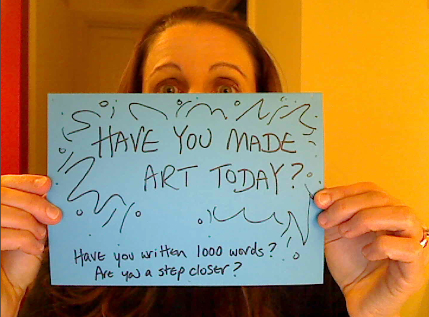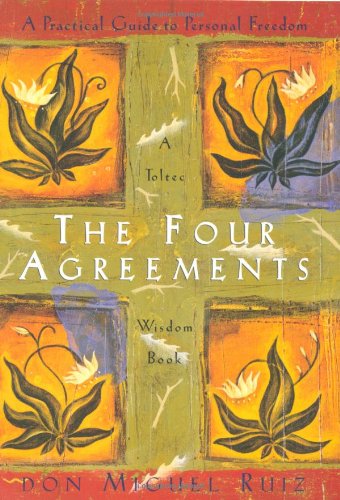I believe in the potential for change. Change is, after all, one of the few constants in life. Even at the cellular level, there is always change. Birth, aging, sickness, death. Rebirth. Change.
I’m speaking about it in grand terms, but what I’m really talking about is the potential for individuals to evolve. To shift in attitudes, ways of thinking, and behaviors. To learn new things and be affected by them.
Ultimately, I believe in the potential of humans to be human.
…humans are always evolving (Freire). Not in the sense that humans are some how deficient, but rather that they, like plants, continue to seed and bloom and remake themselves. To live is to grow. Stagnation is, in effect, death.
~Nicole D. Collier, In Defense of Inquiry
Earlier today someone mentioned in an offhand manner that grown people don’t change. Moreover, an attitude a man held five or six years ago would still be his attitude now.
You could make the case this is likely true. But as someone committed to developing my potential and helping others realize and develop theirs, I’m not so stuck on probability. I invite you to embrace possibility.
If we all stuck to what was probable, inventions we take for granted today would never have been birthed. If we dismissed things based merely on probability, who would ever take risks? What would be the purpose of ever dreaming beyond the present moment? There would be no bucket lists. No Nobel Prizes. No late blooming ballerinas. No manned missions to space. What use would anyone ever have for toiling or exploration?
When we are quick to write off the very possibility of human change, it becomes easy to write off those who have made poor choices in the past. Because they’ll “never amount to anything,” we expel kids from school without a second thought. Because “they’re worthless,” we allow people to die slow deaths in cages. And those who get out alive can scarcely live because, “they’re criminals anyway,” so they’ve proven they can’t handle voting, making an honest living, or {insert thing “good” people can do}.
I’m not arguing that we should ignore current evidence of ideas and attitudes people hold. After all, it’s sage advice to believe people when they show you who they are. But they’re showing you who they are at a given moment. Not who they were at birth. Not who they’ll be at death. Life shaped us to be who we are right now. Are you satisfied that this is the final version of you the world will ever see?
Human revolution cannot be pinned down to one specific thing. It is any action that leads to positive change or improvement in the inner realm of a person’s life. It is an ongoing process. The important question to ask yourself is whether you are on a path of continuous personal growth. ~Daisaku Ikeda
If we’ve not bothered to investigate – to engage another in a conversation, to see if evidence warrants new opinions, we’ve denied another human being the chance to be human.
Transformative learning occurs when one makes meaning of her life experiences. It often happens after a disorienting event. Something knocks you off balance and you are thrown into emotional vertigo.
Someone you love dies unexpectedly and you question the meaning of life. You travel abroad and confront culture in previously unimagined ways. You experience a profound betrayal. You read a book or watch a movie that elucidates a deeply resonant truth.
Whatever the event, you’re suddenly off-kilter and you must fight to reorient your life. Sometimes this reorientation means revisiting images of the past and reframing them. Or discarding them completely.
But the point is, you change. Your perspective changes. You release long-held beliefs. You alter your behavior. You’re different. You do what humans have the capacity to do. You learn and grow. You evolve.
It can happen at any point to any one of us. Even you…
We mustn’t discard possibility.




